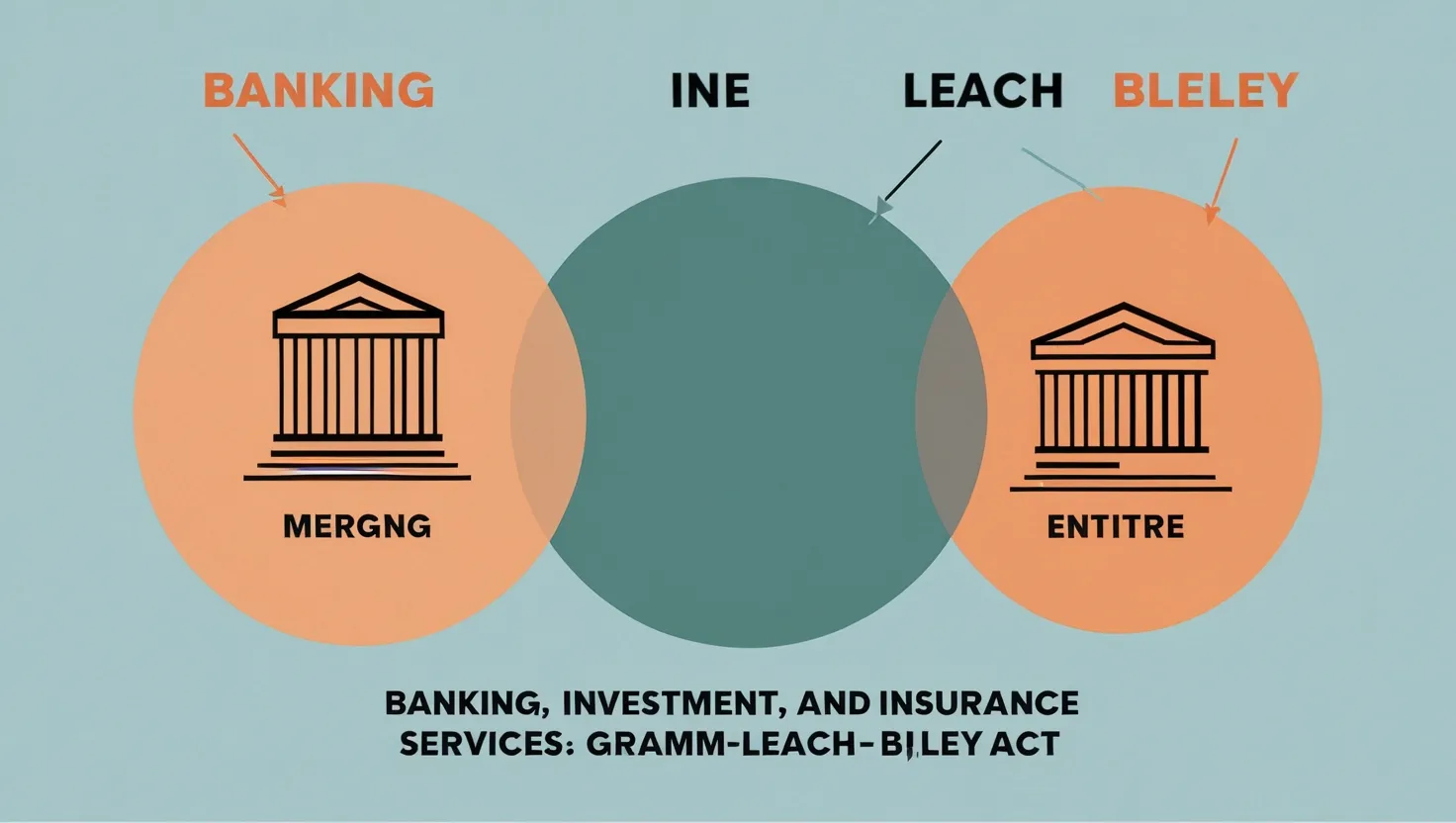In the vast and complex world of finance, a growing segment of investors is turning to a unique and ethical approach: halal investing. This method of investing is grounded in Islamic principles, ensuring that financial decisions align with the moral and ethical guidelines of Sharia law. For those who adhere to these principles, halal investing is more than just a financial strategy; it is a way to integrate faith and finance seamlessly.
At its core, halal investing prohibits the earning or paying of interest, known as riba in Islamic terminology. This fundamental principle is based on the belief that interest is exploitative and can lead to financial instability. Instead, halal investments focus on profit-sharing arrangements where returns are tied to the actual performance of the investment. This approach fosters a sense of partnership and mutual benefit between investors and entrepreneurs.
Another critical aspect of halal investing is the avoidance of haram activities. This includes steering clear of businesses involved in alcohol production, gambling, weapons manufacturing, adult entertainment, and pork products. These industries are considered unethical and are strictly forbidden in Islam. For instance, if a company derives a significant portion of its revenue from such activities, it would be deemed non-compliant with Shariah law and thus unsuitable for halal investment.
Ethical business practices are also a cornerstone of halal investing. This involves ensuring fairness, transparency, and accountability in all financial transactions. Companies that engage in unethical practices or harm the environment and society are not considered suitable for halal investment. The emphasis on ethical behavior extends to the purification of income; any earnings from prohibited activities must be donated to charity to ensure the purity of the investment.
Risk sharing is another key principle that underpins halal investing. Islamic finance encourages investors to share both the profits and the losses of their investments, promoting a more equitable distribution of risk. This approach discourages speculative behavior and encourages long-term investment strategies. For example, sukuk, which are Islamic bonds, represent ownership in tangible assets or projects and provide returns through profit-sharing rather than interest payments.
Halal investments must also be backed by tangible assets or services, ensuring they are tied to real economic activity. This principle reduces speculation and ensures that the investment has intrinsic value. Real estate, for instance, is a popular halal investment option as long as it is financed without interest-based loans and the properties are not used for prohibited activities. Real estate investments offer stable returns and are backed by tangible assets, making them a favored choice among halal investors.
In addition to real estate, halal investors can explore various other investment avenues such as equities, mutual funds, and exchange-traded funds (ETFs). These investments must meet specific criteria, including low debt levels and the avoidance of prohibited activities. For example, investing in shares of Sharia-compliant companies involves rigorous ethical screening to ensure that the business activities and financial ratios comply with Islamic principles.
The benefits of halal investing extend beyond the individual investor. It promotes ethical and socially responsible practices, encouraging businesses to contribute positively to society and the environment. By supporting such businesses, investors contribute to the overall well-being of communities and the environment. This approach can lead to sustainable and socially responsible growth, which is increasingly important in today’s interconnected world.
Halal investing also offers a lower risk of exploitative practices and financial instability. By avoiding interest-based transactions and speculative behavior, halal investments reduce the risk of financial crises. This risk-averse approach can lead to more stable and secure investments, which is particularly appealing to risk-averse investors.
Despite its many benefits, halal investing comes with its own set of challenges. One of the main challenges is the limited universe of investment opportunities. Islamic principles restrict investments in certain sectors, such as conventional banking and financial services, which can limit diversification. This can increase the risk of loss, especially when prohibited sectors experience market rallies. Moreover, halal cash reserves cannot be invested in traditional money market funds or deposited in interest-earning bank accounts, which means they do not generate income.
However, these challenges also present opportunities for innovation and growth. The demand for Sharia-compliant financial products has led to the development of new investment instruments and strategies. For instance, sukuk investments have become increasingly popular as they offer a Sharia-compliant alternative to conventional bonds. These investments generate profit from the underlying assets rather than interest payments, aligning with Islamic principles.
The impact of halal investing on emerging markets is significant. In countries with large Muslim populations, Sharia-compliant investments are becoming a major driver of economic growth. These investments attract capital from Muslim investors who are keen to align their financial activities with their faith. This influx of capital can support local businesses and infrastructure projects, contributing to the economic development of these regions.
In the global financial landscape, halal investing is reshaping the way investors think about ethics and responsibility. It is no longer just about maximizing returns; it is about ensuring that investments contribute positively to society. This shift towards ethical investing is not limited to Muslim investors; it is attracting a broader audience who value transparency, fairness, and social responsibility.
As the world becomes more interconnected, the principles of halal investing are gaining traction beyond traditional Islamic finance circles. Investors from diverse backgrounds are recognizing the value of a disciplined investment approach that emphasizes long-term stability and ethical behavior. This trend is likely to continue as more people seek investment strategies that align with their personal values and contribute to a more sustainable future.
In conclusion, halal investing offers a unique blend of ethical finance and responsible investing. By adhering to Islamic principles, investors can ensure that their financial activities are not only profitable but also ethical and socially responsible. As this approach continues to grow and evolve, it is clear that halal investing will play an increasingly important role in shaping the future of global finance. Whether you are a seasoned investor or just starting out, considering the principles of halal investing can provide a new perspective on how to grow your wealth while staying true to your values.






